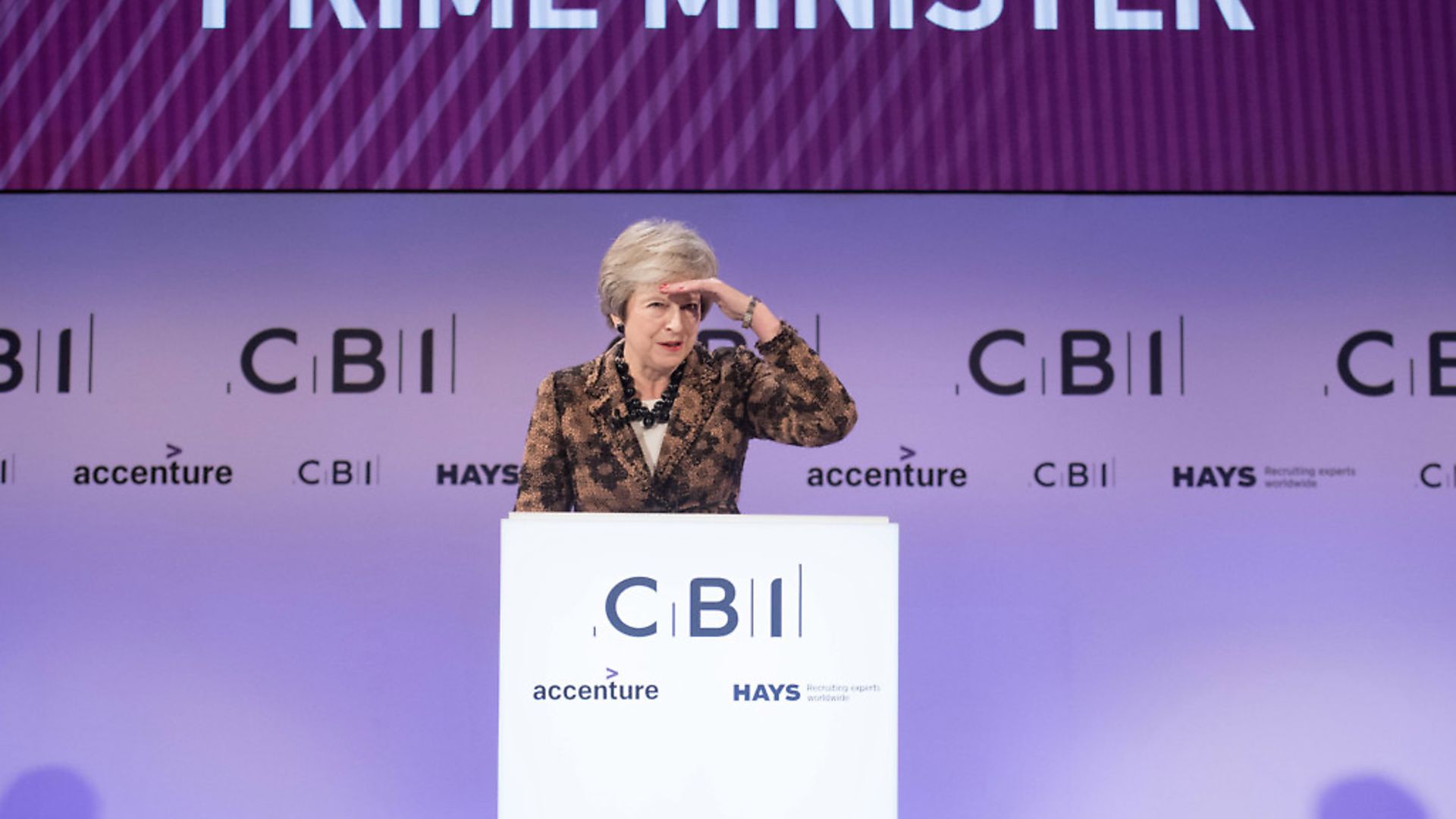
With Theresa May struggling to win over MPs in the House of Commons what are the alternative options?
• Second referendum
Supporters of the People’s Vote campaign want a referendum on any withdrawal deal – or no deal – with the option of remaining in the EU on the ballot paper.
They argue that voters in the 2016 referendum which delivered a 52%-48% majority for Leave did not have full information about what Brexit would involve, and should have a chance to make a decision based on a clearer understanding of the terms on offer.
EU leaders have indicated they would be happy to accept Britain staying on as a member, and campaigners hope Brussels would be willing to put the Brexit process on hold to give time for a public vote to be held, probably in late spring.
Opponents of a second referendum warn that faith in democracy will be undermined if the Government does not deliver on the outcome of what was the UK’s largest ever ballot.
• Canada+++
Boris Johnson and other prominent Brexiters believe the UK should strike a free trade agreement (FTA) similar to that reached between the EU and Canada in 2016, which removed tariffs on 98% of goods.
Under an FTA of this kind, the UK would not be in a customs union and so would be free to strike other trade deals around the world.
The ‘pluses’ which are not included in Canada’s CETA deal could include free trade in services and co-operation on security.
But critics say a Canada-style FTA would not provide the same access currently enjoyed to the EU market for services – particularly the vital financial sector – and would require customs checks or a backstop arrangement at the Irish border.
• Norway for now
A softer route to EU withdrawal proposed by Tory backbencher Nick Boles and backed by some Labour MPs would see the UK take on temporary membership of the European Economic Area (EEA) and European Free Trade Association (Efta) alongside countries like Norway and Iceland while a future trade deal is negotiated.
Efta membership would allow the UK to remain within a common market area with the EU and continue existing customs arrangements, while pulling out of common agricultural and fishing policies.
But critics say it would mean accepting freedom of movement for EU citizens.
And Norway’s prime minister Erna Solberg has said it would be ‘difficult’ for existing Efta members to accept an application to join by a country which has made clear it would want to leave soon afterwards.
• No deal
The staunchest Brexiteers, like Jacob Rees-Mogg and John Redwood, say Britain has nothing to fear from EU withdrawal without a deal.
This would involve the UK falling back on World Trade Organisation rules which provide baseline requirements for tariff and customs arrangements between countries outside trading blocs like the EU.
Critics say this would result in high tariffs on many goods and exclusion from existing Europe-wide systems in areas like aviation, food safety and credit card payments, with a damaging impact on the UK economy.
But advocates of no deal insist the UK could offer low- or zero-tariff trade to partners and benefit from swift FTAs around the world while saving the £39 billion ‘divorce’ payment to the EU. They believe mitigating measures would ensure that planes keep flying and customs controls at borders are kept to a minimum.
• Renegotiation by Labour
Labour’s preferred option, if Mrs May’s Brexit deal fails, is for a general election which would allow Jeremy Corbyn’s party to take control of the Government and negotiate a new Withdrawal Agreement on its own terms.
The party backs a Brexit deal which would keep the UK in the single market and a customs union with the EU during any transition period, while maintaining protections in areas like workplace rights and the environment.
Critics say this would deliver Brexit in Name Only (Brino), forcing the UK to obey EU rules and regulations while having no saying in deciding them.
Warning: Illegal string offset 'link_id' in /mnt/storage/stage/www/wp-includes/bookmark.php on line 357
Notice: Trying to get property 'link_id' of non-object in /mnt/storage/stage/www/wp-includes/bookmark.php on line 37






